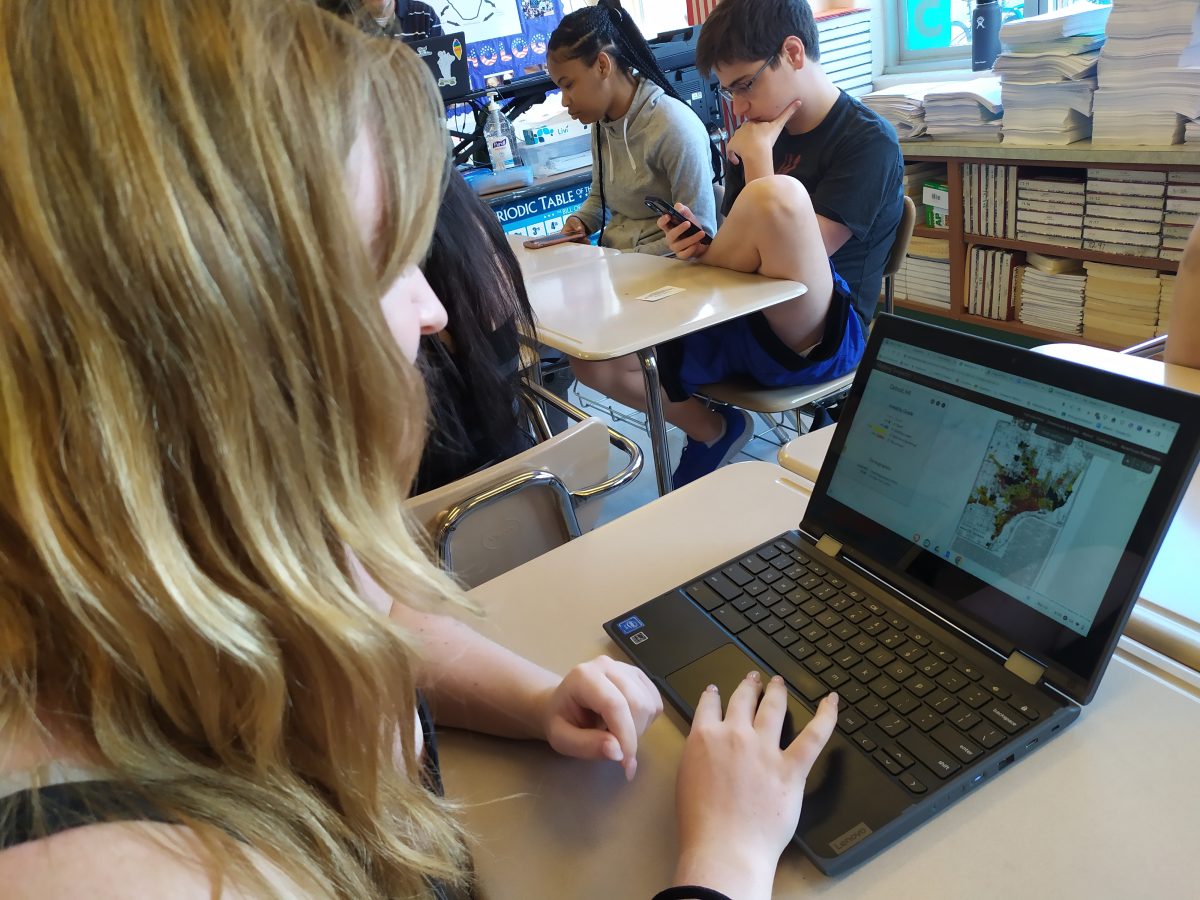Often, when people hear the term “human geography”, they think of tedious sessions of memorizing maps and reciting the capitals of countries. But dismissing geography as mere trivia and memorization does a disservice to its relevance in our increasingly interconnected world. Human geography is a lens through which we can better understand the world we live in and positively shape our future.
Human geography is the study of human activities on earth and why they occur in the places they do. It involves areas like the environment, economics, politics and cultural awareness. Having a global perspective through human geography allows us to explore these areas and pressing modern issues as well as solutions.
Take climate change, for example. We feel the effects of rising temperatures, air pollution and extreme weather worldwide. Human geography is imperative for understanding the environmental factors that contribute to global warming, from deforestation in the Amazon to glacial melt in Antarctica.
According to UN Special Rapporteur on Human Rights Ian Fry, 30.7 million people were displaced from their homes in 2020 alone due to climate-related disasters, like drought. When we consider the geographical aspects, such as which regions are most vulnerable to sea-level rise or wildfires, we are better positioned to allocate humanitarian aid effectively, respond efficiently and design long-term sustainable solutions.
The potential of understanding human geography extends beyond the natural world and into fields like economics. Why are certain nations so prosperous while others struggle in poverty? How do geographical factors like access to natural resources impact a nation’s economic capabilities? Why do some countries with abundant natural resources still face economic challenges? How have historical trade routes like the Silk Road affected the economies today of the nations on its path? These are just a few of the questions human geography can answer.
The Suez Canal in Egypt, for instance, is a 120-mile-long waterway that accounts for approximately 12% of global trade. Goods worth billions of dollars pass through this canal every day. When a massive ship blocked the canal for six days in 2021, having a comprehensive understanding of human geography offered key insights into the economic implications of the blockage on international trade.
Furthermore, learning human geography enriches our understanding of the world’s cultural diversity. Every place on Earth has its unique cultural landscape. For instance, looking back into history, the Silk Road was not just a route for the trade of goods, but also a channel for cultural exchange between groups of different ethnicities, religions, languages, and more. By examining the geographical aspects of these cultural interactions, we can acquire a nuanced view of the dynamics between humans that shape our world today.
In a world ever-challenged by pressing issues like climate change, economic inequality and cultural divide, a deep understanding of geography provides us, as teens and young adults, with the tools we need to make a difference and become conscientious global citizens.
So the next time you think about human geography as memorizing capitals or calculating latitudes, remember that it’s a subject about gaining a deeper understanding of the world’s mechanics. And the more you understand the world, the more you can change it for the better.



































